Keywords: Anthony Albanese
-
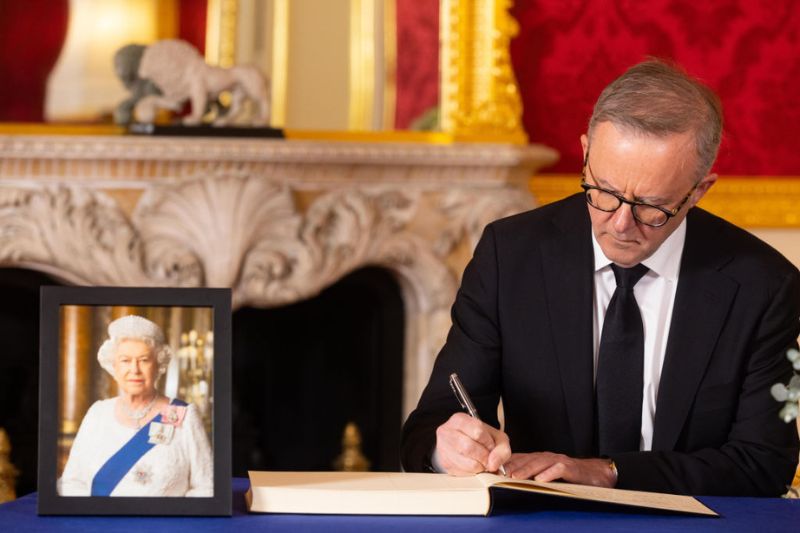
AUSTRALIA
- Julian Butler
- 06 October 2022
4 Comments
There is no popular groundswell for constitutional change in the direction of a republic just at this moment. The parliamentary recess, the proclamation by the Governor General of our fealty to the new King, and the public holiday were all a bit embarrassing. The parade being over, we can go back to gawking at the Royal Family much like Americans do. The question of what monarchy means for us feels best left alone for a while.
READ MORE 
-
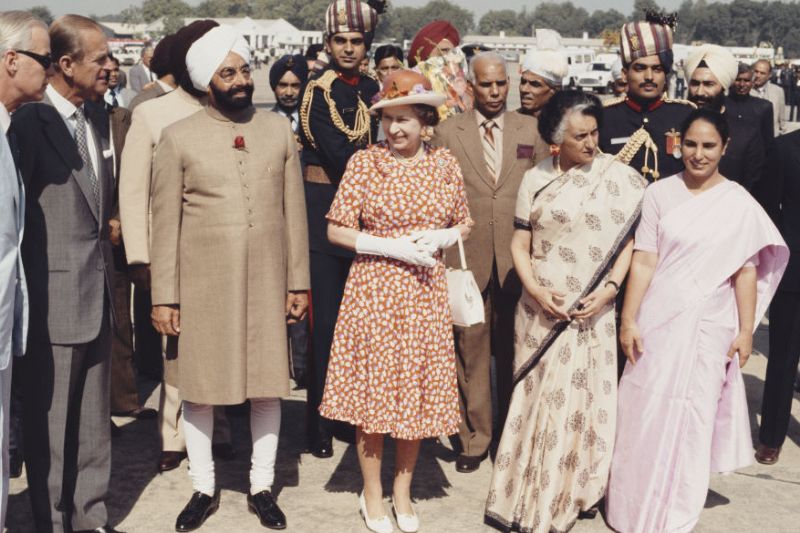
INTERNATIONAL
- Binoy Kampmark
- 20 September 2022
7 Comments
When more nuanced commentary around the passing of Queen Elizabeth II came to the fore, it was hard to avoid the difficult realities of the British monarchy and an institution that has not, through its history, delighted those conquered in its name. With Elizabeth II, it was notable that she let an opportunity to engage the topic of empire in Britain’s collective memory go begging.
READ MORE 
-
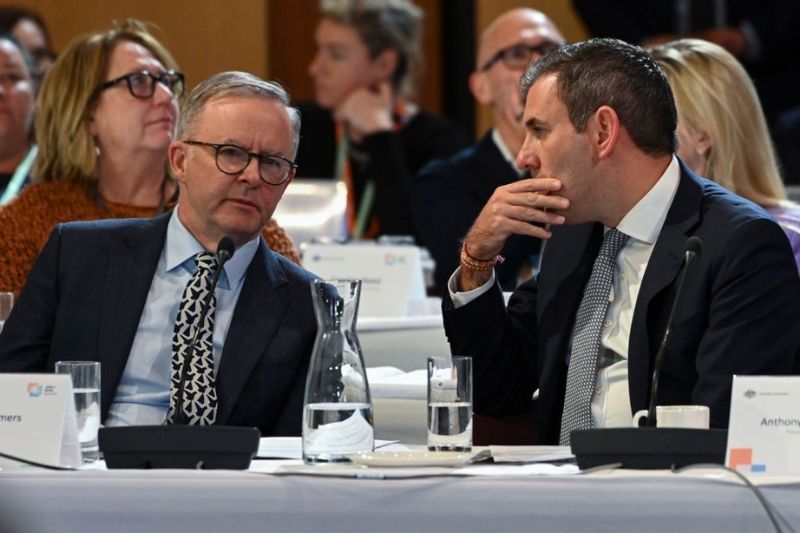
AUSTRALIA
- Andrew Hamilton
- 06 September 2022
3 Comments
The policy of the Labor Government can be described as steady as she goes. This does not mean that it will simply follow the policies of the previous government. Its reading is that the ship of state has been becalmed, responding haphazardly to the political winds with no sense of direction or destination. It had become the ship of fools. The new Government then has committed itself to show that there are captain on board and a competent, disciplined crew that can work together.
READ MORE 
-
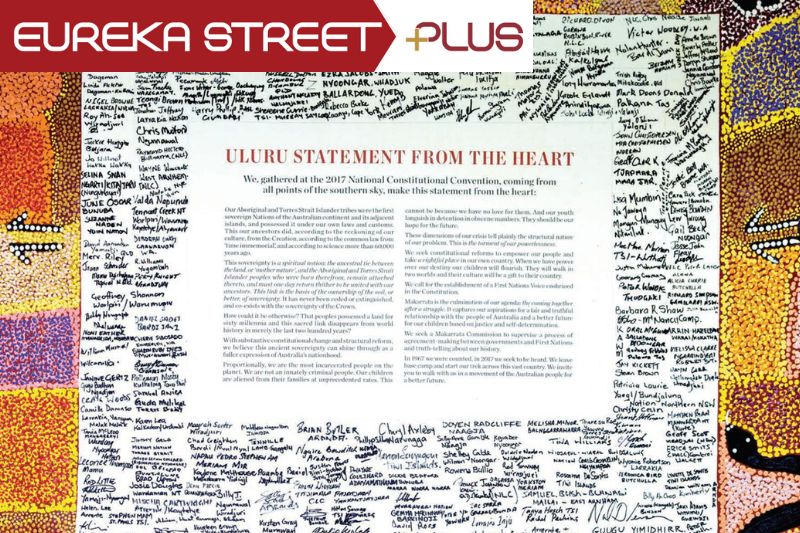
AUSTRALIA
- Frank Brennan
- 17 August 2022
2 Comments
We need to be able to do more than simply give notional assent to the Uluru Statement. We need to be able to contribute to the hard thinking and difficult discussions to be had if the overwhelming majority of our fellow Australians are to be convinced of the need for a Voice in the Constitution.
READ MORE 
-

ARTS AND CULTURE
- Barry Gittins
- 12 August 2022
Journalist and author Elle Hardy spent 15 months researching and writing her 2021 work Beyond Belief: How Pentecostal Christianity is Taking Over the World. She notes the estimation that by 2050, one billion people around the world (one in 10 humans) will be a Pentecostal follower of Jesus (and their pastor).
READ MORE 
-
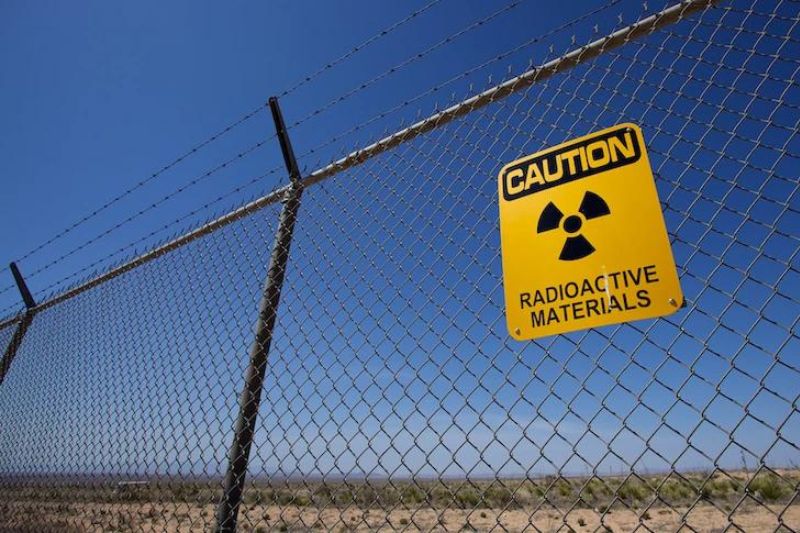
ENVIRONMENT
- Michele Madigan
- 04 August 2022
9 Comments
With $1 trillion of debt accumulating over the last seven years in attempts to establish a National Radioactive Waste Management Facility, the new Labor Government is facing mounting pressure to rethink the nuclear waste storage plan for Kimba.
READ MORE 
-
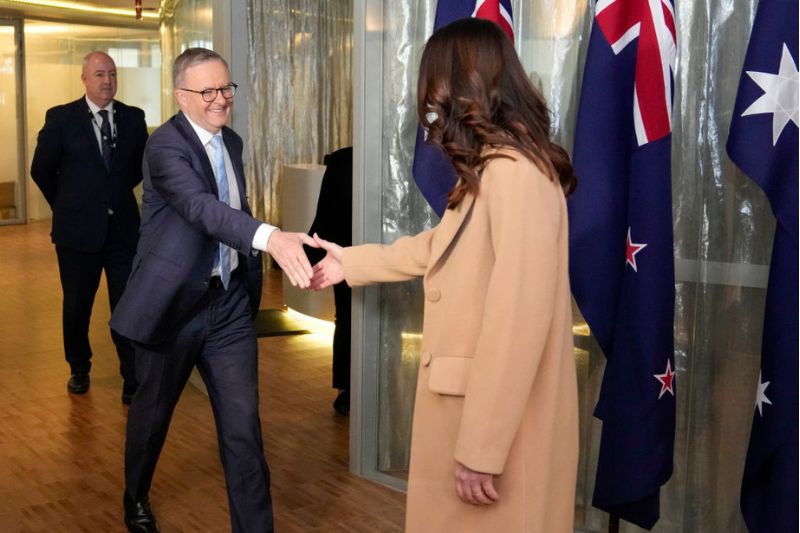
AUSTRALIA
- Andrew Hamilton
- 23 June 2022
7 Comments
Since the Federal Election one of the most refreshing features has been the new Prime Minister’s connection with people. Whether it is shown by riding a bamboo bicycle with the Indonesian President, expressing sympathy for the Nadesilingam family for their prolonged ordeal before returning to Biloela or agreeing with Jacinda Ardern, herself a model of public empathy, about the unreasonableness of expelling to New Zealand people who had never lived there, his actions displayed a readiness to listen and to enter the experience of other people.
READ MORE 
-
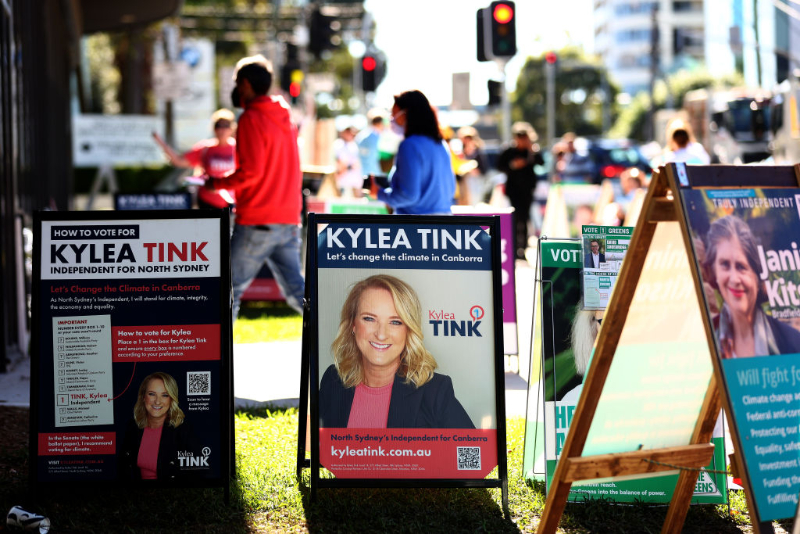
AUSTRALIA
- Binoy Kampmark
- 24 May 2022
11 Comments
The centre of the political system did not so much hold as desert. The vote was a furious, determined and tenacious shout from the estranged centre, a shivering of the timbers. The calibre of individuals elected — many from professions, many with public service outside the traditional party hierarchy of patronage and promotion, and most, women — has not been previously seen in this country’s politics.
READ MORE 
-
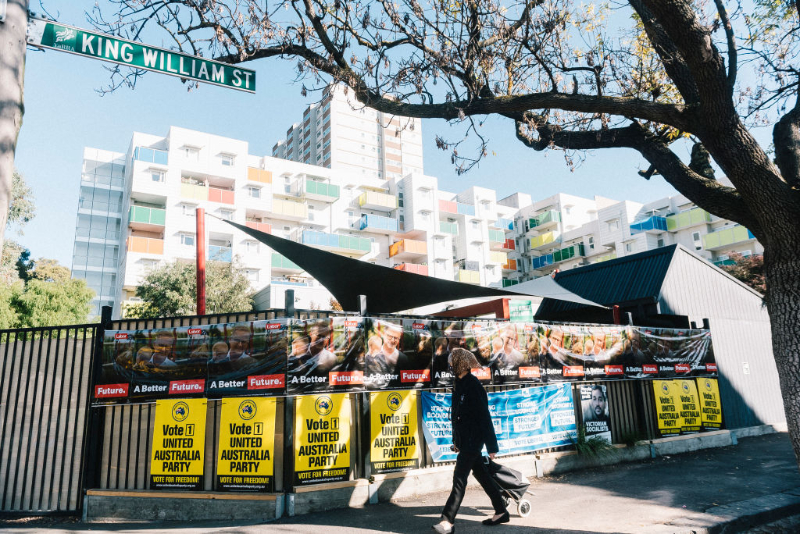
AUSTRALIA
- John Warhurst
- 24 May 2022
13 Comments
Governments lose elections, but Oppositions still must demonstrate that they are a capable alternative. Both the Morrison Coalition government and the Albanese Labor Opposition played their part last Saturday. There were many sub-plots in the pattern of voting, but this election was primarily lost and won in the four biggest mainland cities.
READ MORE 
-
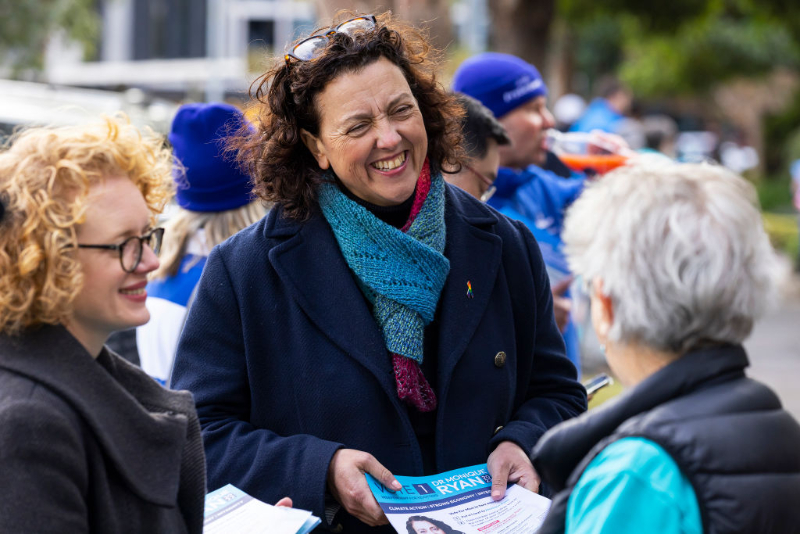
EDUCATION
- Chris Middleton
- 23 May 2022
7 Comments
Perhaps the most dramatic individual result of the Federal election was that Menzies’s seat, Kooyong, has fallen to a Teal independent, Dr Monique Ryan. Xavier College sits in the Kooyong electorate, and Dr Ryan is a parent at the College. Dr Ryan proved to be an impressive candidate who ran as a good a local campaign as I have ever seen. It was marked by a strong engagement by many locals, and especially among professional women, and older residents.
READ MORE 
-

AUSTRALIA
- Julian Butler
- 12 May 2022
3 Comments
Election campaigns can be defined by all sorts of things. Gaffes, negative ads, international incidents, public policy. It is trite but no less true to say that this federal election campaign has been much more about the first three rather than the last. The policy discussion has been edged into the election mix most seriously by various interest groups and by some of the macro party and independent candidates seeking election.
READ MORE 
-
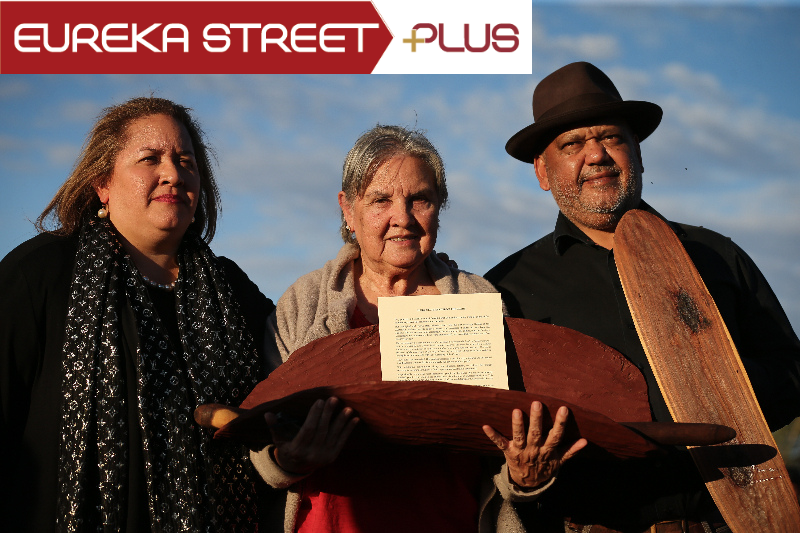
AUSTRALIA
- Frank Brennan
- 06 May 2022
5 Comments
Whoever is Prime Minister after the election on May 21, he will need to address the question of Indigenous recognition in the Australian Constitution. This is the sixth election in a row when the question has been a live, unresolved issue during the election campaign. The patience of Indigenous leaders is understandably wearing thin. Trust is waning. There is still no clear path ahead. So where to from here?
READ MORE 